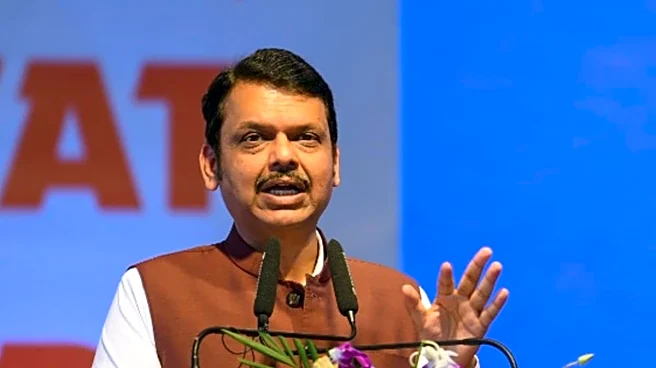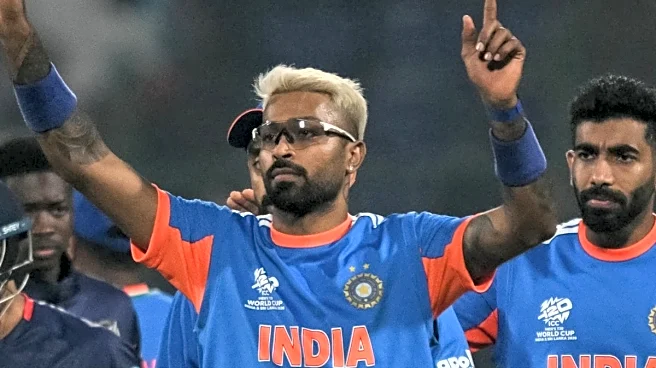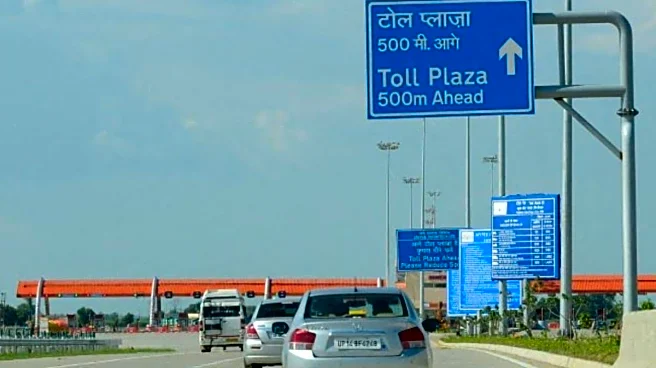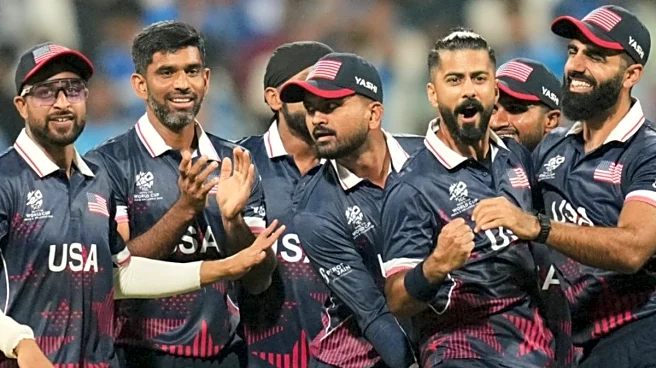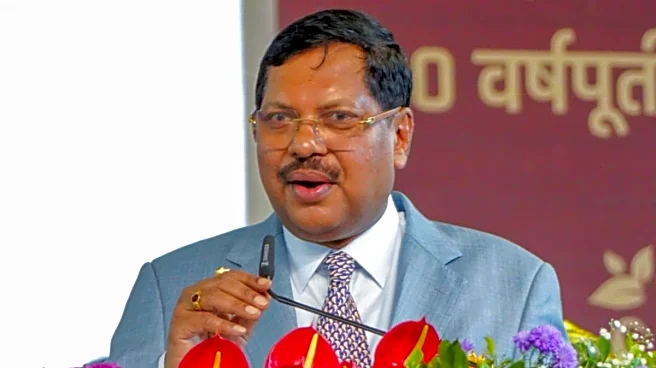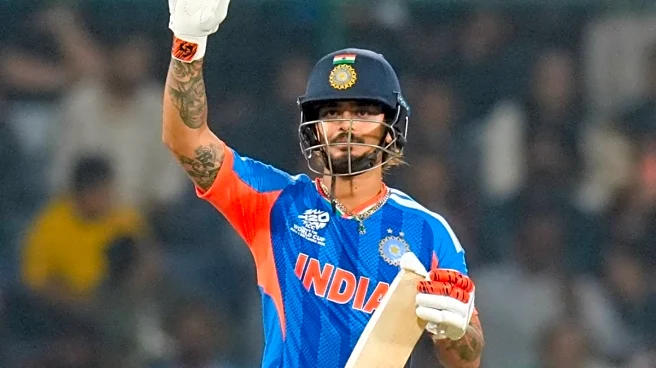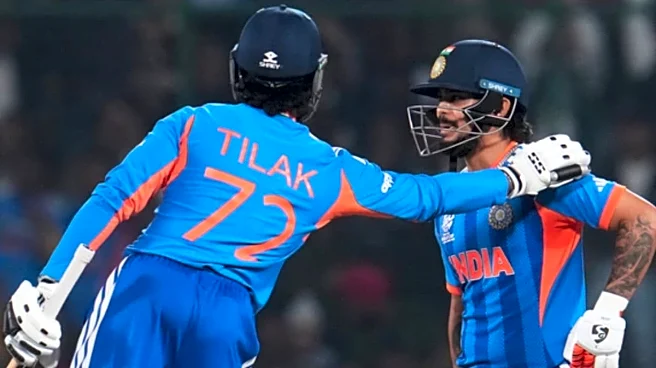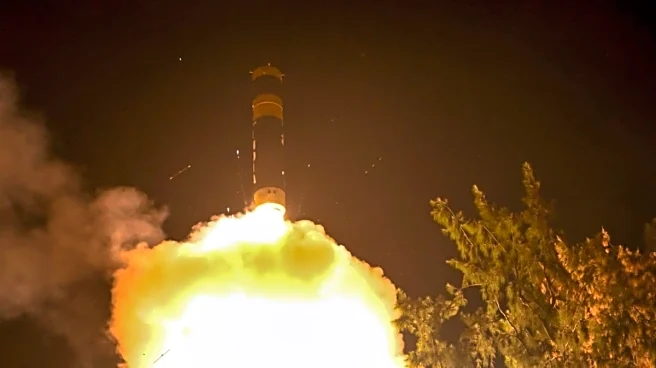In a move aimed at reducing the distance between patients and specialist cancer care, the Maharashtra government has approved a comprehensive state cancer-care policy and set up the “Maharashtra Cancer Care, Research and Education Foundation”—branded Mahacare—to roll it out across 18 hospitals.
The decision, taken at a meeting chaired by chief minister Devendra Fadnavis, creates a three-tiered network of facilities. Tata Memorial Hospital has been designated the L-1 apex centre. Eight hospitals linked to six government medical colleges and two public-health referral hospitals in Nashik and Amravati will be upgraded as L-2 centres, while nine L-3 centres—including hospitals attached to medical colleges in Ambajogai (Beed), Nanded, Yavatmal, Satara,
Baramati, Jalgaon and Ratnagiri, as well as two major Mumbai hospitals and the Shirdi Sansthan hospital—will form the wider network.
Under the new structure, patients across the state will gain easier access to radiotherapy and chemotherapy, multidisciplinary diagnosis and surgery, physical rehabilitation, mental-health support, palliative care and essential medicines. The policy also aims to expand postgraduate and super-speciality oncology training—MD, MAS, DM/MCh, DNB and fellowship programmes—at L-2 institutions, strengthening local capacity rather than forcing patients to travel long distances for care.
Officials said a central “command and control” centre will coordinate the network, while a specialist executive board will manage Mahacare’s day-to-day operations. The foundation’s seed capital is set at Rs 100 crore, and the state has approved revenue provisions, including a directive that 20 per cent of certain fees collected by cancer hospitals under the Mahatma Phule Jan Arogya Scheme be routed to Mahacare to keep programmes running. Additional resources are expected from clinical trial revenues, international grants, donations and CSR contributions.
Capital investments and recurring costs have been budgeted: roughly Rs 1,529.38 crore has been earmarked for the L-2 centres and about Rs 147.70 crore for the L-3 facilities. Equipment procurement, staffing and management for L-3 centres will follow a public–private partnership model where appropriate. The Shirdi Sansthan will fund construction, equipment and staffing for its own cancer hospital.
The foundation’s leadership reflects government oversight and medical expertise. Fadnavis will chair Mahacare, with deputy chief ministers Eknath Shinde and Ajit Pawar as vice-chairs. The board will include key secretaries and commissioners from health and medical education departments, nominated representatives from Tata Memorial and other sector experts; a healthcare professional will be appointed as CEO.
The move comes against a worrying backdrop: the Indian Council of Medical Research and the National Cancer Registry’s 2025 data point to an 11 per cent rise in cancer cases in the state since 2020, mirroring national trends that show about 100 cancer patients per 100,000 people.
For patients and families, the policy promises more than machines and beds: it signals an effort to weave awareness, prevention and mental-health support into the treatment pathway, and to build local training pipelines so that expertise is available closer to home. Implementation will be the test, but for many patients in smaller towns, Mahacare could mean treatment that is faster, affordable and far less isolating.
